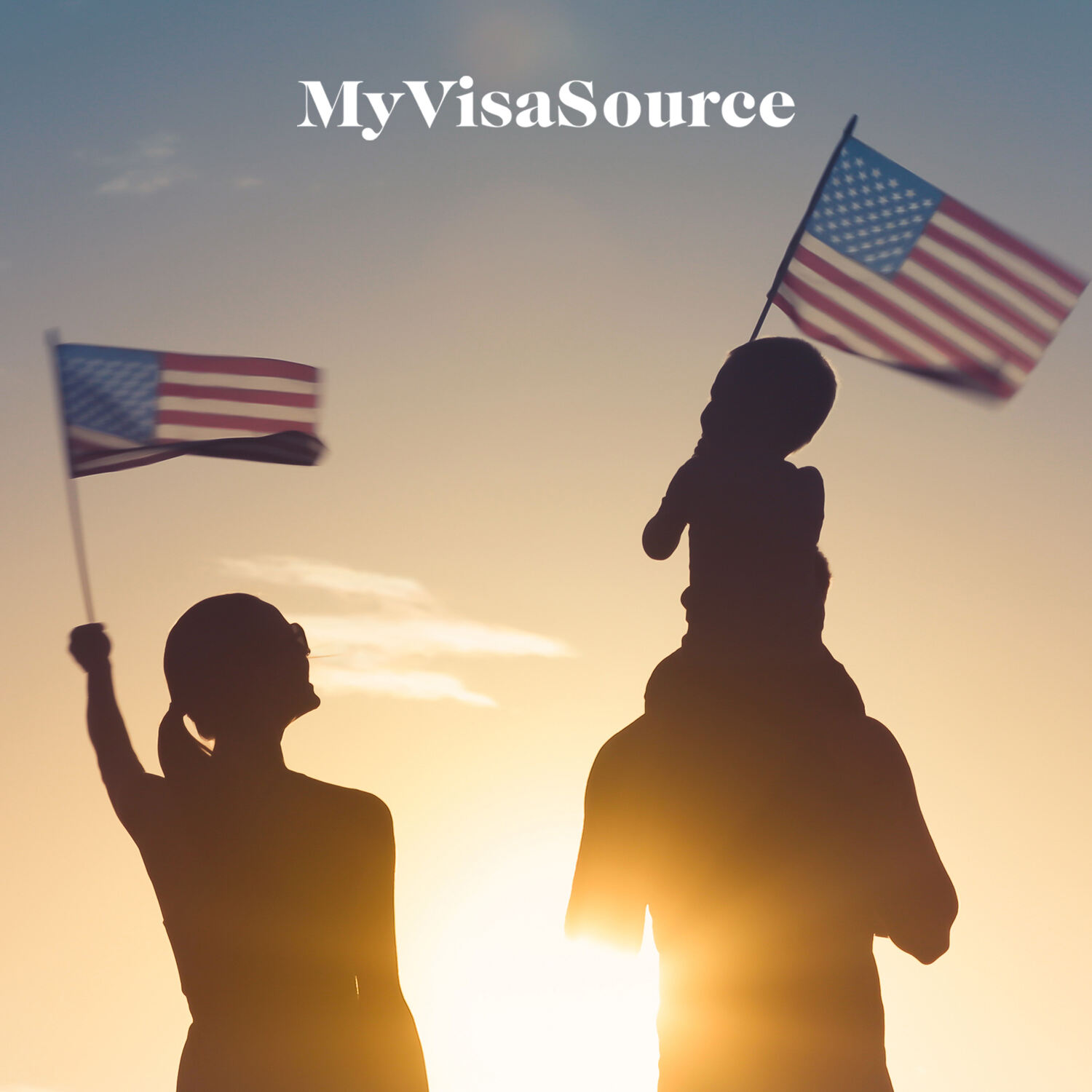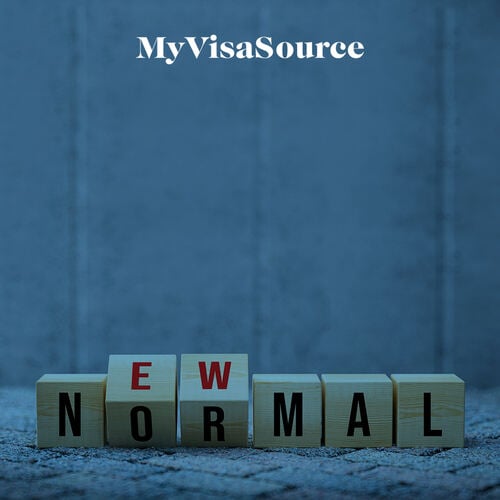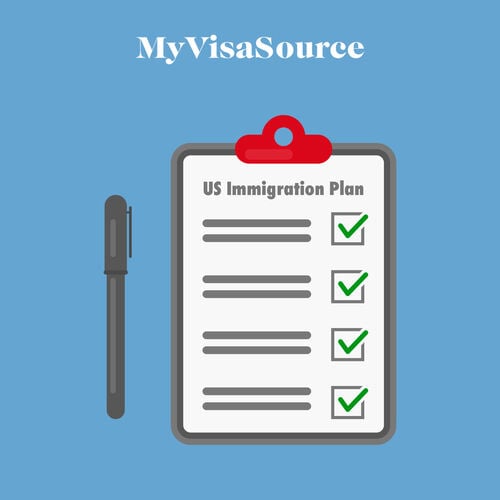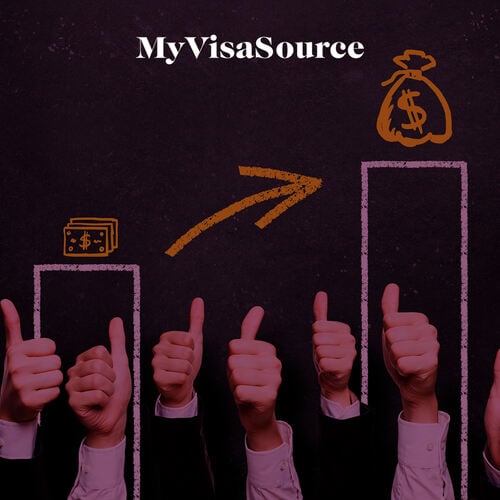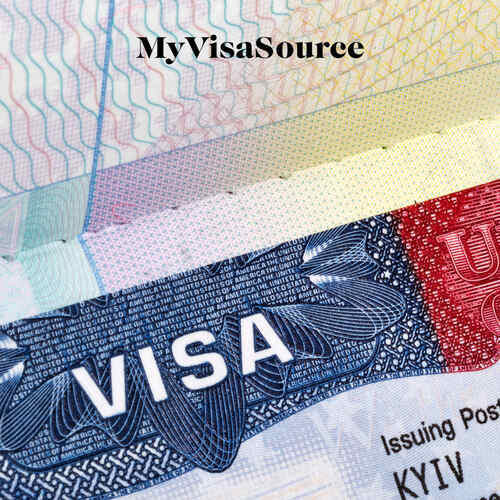Many people get confused between terms and definitions for citizenship and permanent residency in the United States. The most common confusion is usually about the differences and similarities between the Green Card and US citizenship.
There are 2 types of US citizenship. People who acquire or derive citizenship from their US citizen parents are granted the US Certificate of Citizenship and people who gain US citizenship through the naturalization process receive a Certificate of Naturalization.
Meanwhile, foreign nationals who are allowed to live and work in the US for some time are issued a Green Card and are known as lawful permanent residents.
What Are the Differences Between Green Card Holders and US Citizens?
The following table will provide you an efficient guide between the differences of a lawful permanent resident and a US citizen:
|
Action Described |
Green Card Holder |
US Citizen |
|
Can they be deported? |
Yes, if they are guilty of espionage, felony, demonstrate non-compliance with the US immigration law, become public charges or change address without informing the authorities and other reasons that match the grounds for deportation |
No, they can not be deported. However, a naturalized citizen can have their citizenship revived if it is discovered that they provided falsified information at the time of application or they can voluntarily give up their citizenship |
|
Will they receive an identity document? |
Yes, they get a Green Card also known as Form I-551 |
Yes, they get a birth certificate, a consular record of birth abroad to a US citizen or a naturalization certificate |
|
Do they get a US passport? |
No, they must travel with a passport issued by their home country |
Yes, they can apply for a US passport |
|
Can they vote in US elections? |
No |
Yes |
|
Can they petition for permanent residency of family members? |
Yes, but only spouses and unmarried children |
Yes, they can sponsor their parents, spouse, children (married or not) and siblings |
|
Do they qualify for government benefits? |
Yes, but only on a limited basis |
Yes, if they meet the eligibility criteria |




